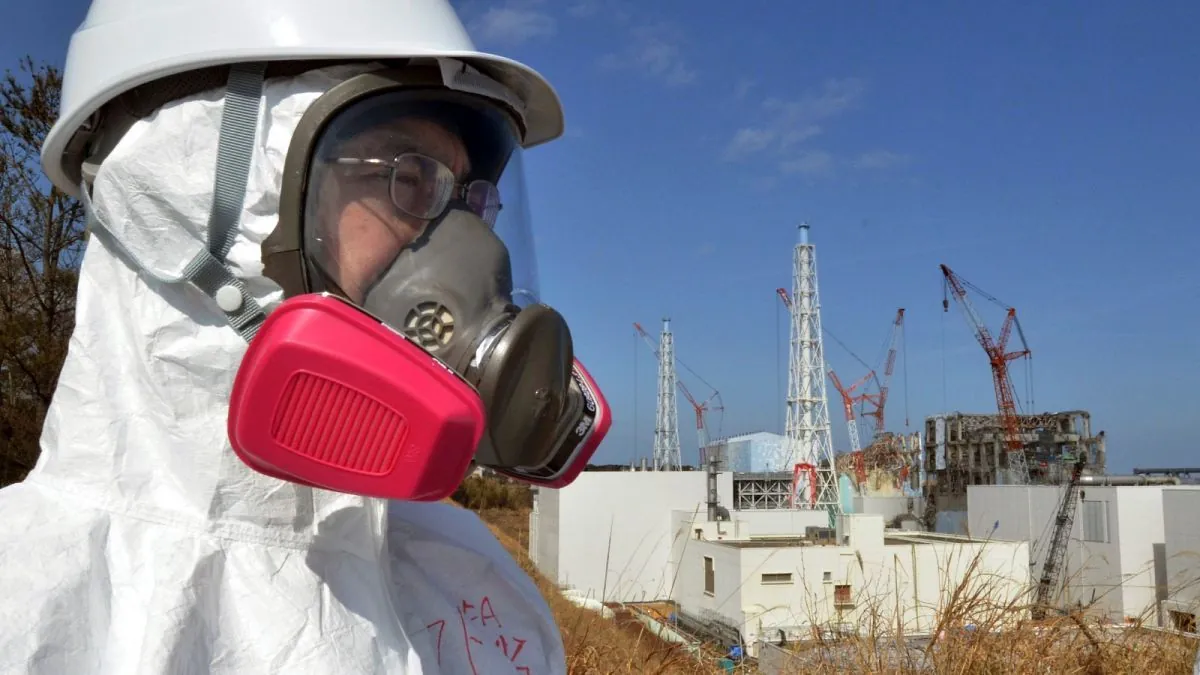UK Expands Nuclear Police Role to Safeguard Energy Infrastructure
The Civil Nuclear Constabulary's responsibilities are being broadened to protect gas terminals amid rising climate protests and geopolitical tensions. This move aims to enhance security at key energy sites across Britain.

Ed Miliband, the Energy Secretary, has directed the Civil Nuclear Constabulary (CNC) to expand its operations beyond nuclear facilities to include the protection of major gas terminals across Britain. This decision comes in response to the increasing frequency of climate protests and growing geopolitical concerns.
The CNC, an armed police force established in 2005, will assume responsibilities currently held by the Ministry of Defence at various energy sites starting April 2025. This transition is part of a broader strategy to enhance the security of the UK's energy infrastructure.
Priority will be given to guarding coastal gas plants, with the CNC actively recruiting officers for terminals in Aberdeenshire, Hull, and Norfolk. These facilities play crucial roles in processing North Sea gas and supplying energy to significant portions of the country, including London and the South East.

The expansion of the CNC's role comes amid a surge in climate activism targeting fossil fuel installations. In 2022, Just Stop Oil, a group founded that same year, orchestrated protests at 10 oil terminals across the UK. Similarly, Greenpeace, an organization with roots dating back to 1971, recently conducted a 13-day occupation of a ship transporting an oil platform to the North Sea.
These incidents highlight the growing challenges faced by energy infrastructure. The St Fergus terminal in Aberdeenshire, which processes about 15% of the UK's gas supply, and the Easington terminal in Hull, capable of handling up to 24% of the nation's gas demand, are among the critical sites requiring enhanced protection.
"The Civil Nuclear Constabulary will commence responsibility for providing continued armed police protection at specific energy infrastructure from 1 April 2025, having been given consent to do so by the Secretary of State for Energy Security and Net Zero."
The decision to broaden the CNC's mandate is not solely a response to domestic activism. Geopolitical events, such as the 2022 sabotage of the Nord Stream pipelines and the 2023 explosion in the Balticconnector pipeline between Finland and Estonia, have underscored the vulnerability of energy infrastructure to potential attacks.
The UK's reliance on foreign gas imports further emphasizes the need for robust security measures. In 2023, subsea pipelines from Norway accounted for 57% of the UK's total gas imports, with the majority received at the Easington terminal. Additional gas imports from Belgium and the Netherlands arrive via pipelines to the Bacton terminal, which handles about one-third of the UK's gas supply.
Currently, the Royal Navy and RAF provide protection for offshore installations through their Quick Reaction Force, established in 2020. Based at RAF Lossiemouth, this force operates Typhoon fighters and Poseidon maritime patrol aircraft, equipped with advanced sensors and weapons systems for surveillance and anti-submarine warfare.
The CNC's expanded role, enabled by the Energy Act 2023, recognizes the organization as a vital national asset. With approximately 1,600 employees and experience protecting nuclear sites like Sellafield, which houses over 100 tonnes of plutonium, the CNC is well-positioned to contribute to the broader security of the UK's energy sector.
As climate activism intensifies and geopolitical tensions persist, the UK government's decision to leverage the CNC's expertise across a wider range of energy infrastructure demonstrates a proactive approach to safeguarding the nation's critical resources and ensuring energy security in an increasingly complex global landscape.


































